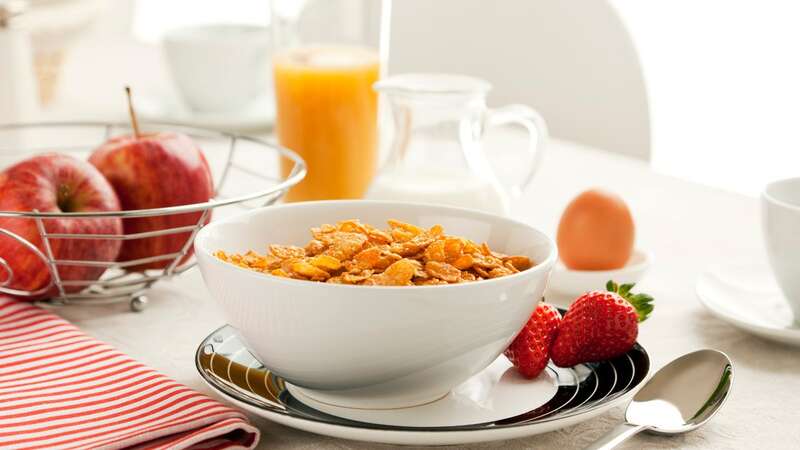
Health expert and TV presenter Dr Michael Mosley has outlined four key signs that you're not getting enough fibre in your diet, including weight loss struggles.
His latest article on Fast 800 points out the importance of fibre, from how to integrate more into your daily meals to the health ramifications of a deficiency. The article shares the information: "[Fibre] feeds the 'good' bacteria in your gut, which then help to provide many health benefits, like controlling your immune system, blood sugar, brain function and weight."
To ensure optimal health, people should aim for an intake of around 30g of fibre per day. Functioning as the non-digestible component of plant-based foods, fibre is a carbohydrate variant that the body can't convert into energy-providing sugar molecules. Alternatively, it passes, primarily undigested, through the digestive tract and exits the body.
Found in multiple forms, soluble fibre dissolves in water and lowers cholesterol and glucose levels. You'll find this healthy form of fibre in foods such as oats, peas, beans, apples, citrus fruits, carrots, and barley, reports Bristol Live. On the other hand, insoluble fibre prevents constipation by assisting movement through the digestive system without dissolving in water. Foods rich in this include whole-wheat flour, wheat bran, nuts, beans, and veggies like cauliflower, green beans, and potatoes.
Including high-fibre foods in your dietary routine can lead to numerous health benefits, ranging from promoting efficient digestion and preventing constipation to reducing cholesterol levels and maintaining ideal body weight. The Fast 800 article has detailed the signs and symptoms of a diet lacking in fibre:
 Morrisons is slashing over 130 prices on its saver-products from today
Morrisons is slashing over 130 prices on its saver-products from today
Constipation
Fibre can help soften and increase the size of your stool, making toilet trips easier. Research has shown that dietary fibre can increase stool frequency and alleviate constipation. A recent review found that a whopping 77 per cent of constipation sufferers found relief by upping their fibre intake.
Fatigue and low energy
Fibre can help stabilise blood glucose levels, ensuring a slower release of blood sugars and helping you dodge those pesky midday energy crashes. It's also thought to indirectly impact energy levels due to its ability to induce feelings of fullness, allowing you to concentrate on the task at hand rather than hunger pangs.
Feeling hungry shortly after eating
One of the key benefits of fibre is its ability to keep you feeling satisfied for longer. Studies have shown that dietary fibre can increase perceived fullness and regulate appetite by slowing down gastric emptying.
If you're finding yourself feeling peckish shortly after eating, it might be time to add more fibre to your meals and overall diet.
Struggling to lose weight
Fibre can help curb your appetite between meals, which can aid weight loss by reducing the temptation to snack, overeat or succumb to unhealthy cravings. Dietary fibre is known to promote weight loss in general and, specifically, belly fat loss.
Read more similar news:
Comments:
comments powered by Disqus

































